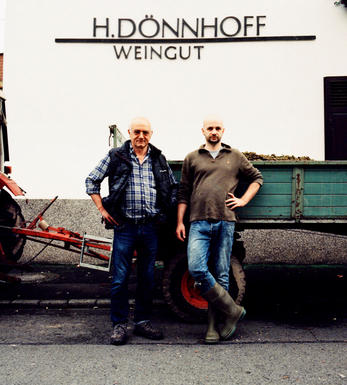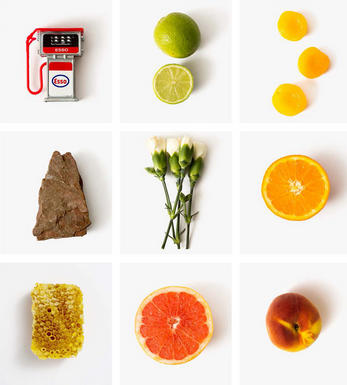
2013 Roxheimer Höllenpfad, Riesling Trocken, Dönnhoff, Nahe

Critics reviews
Stephan Reinhardt - 02/01/2015
About this WINE

Dönnhoff
The Nahe River flows north into the Rhine at Bingen – located at the western end of the Rheingau. The best wines from the Nahe have been described as having the Rheingau’s elegance, the Rheinhessen’s body and the Mosel’s acidity.
There are several outstanding producers in the area, with the most celebrated being Helmut Dönnhoff. He produces some of Germany's finest Riesling wines from the world-famous Niederhausen and Schlossböckelheim vineyards. Several of his notable wines also come from the less-well-known Norbeim and Oberhausen vineyards.
His Kabinett and Spätlese wines are exceptionally rich with complex, with intense mineral overtones. They are delicious when young but have the potential to improve for up to 10 years, with the top wines lasting even longer.

Riesling
Riesling's twin peaks are its intense perfume and its piercing crisp acidity which it manages to retain even at high ripeness levels.
In Germany, Riesling constitutes around 20% of total plantings, yet it is responsible for all its greatest wines. It is planted widely on well-drained, south-facing slate-rich slopes, with the greatest wines coming from the best slopes in the best villages. It produces delicate, racy, nervy and stylish wines that cover a wide spectrum of flavours from steely and bone dry with beautifully scented fruits of apples,apricots, and sometimes peaches, through to the exotically sweet flavours of the great sweet wines.
It is also an important variety in Alsace where it produces slightly earthier, weightier and fuller wines than in Germany. The dry Rieslings can be austere and steely with hints of honey while the Vendages Tardives and Sélection de Grains Nobles are some of the greatest sweet wines in the world.
It is thanks to the New World that Riesling is enjoying a marked renaissance. In Australia the grape has developed a formidable reputation, delivering lime-sherbet fireworks amid the continental climate of Clare Valley an hour's drive north of Adelaide, while Barossa's Eden Valley is cooler still, producing restrained stony lime examples from the elevated granitic landscape; Tasmania is fast becoming their third Riesling mine, combining cool temperatures with high UV levels to deliver stunning prototypes.
New Zealand shares a similar climate, with Riesling and Pinot Gris neck to neck in their bid to be the next big thing after Sauvignon Blanc; perfectly suited is the South Island's Central Otago, with its granitic soils and continental climate, and the pebbly Brightwater area near Nelson. While Australia's Rieslings tend to be full-bodied & dry, the Kiwis are more inclined to be lighter bodied, more ethereal and sometimes off-dry; Alsace plays Mosel if you like.


Buying options
Add to wishlist
Description
Willi Schaefer’s Graacher Domprobst, Riesling Spätlese #5 is dry with 5.7 gram/litre residual sugar from the Hollenpfad vineyard in the village of Roxheim, further from Nahe. The wine has been bottled under the Donnhoff label since buying it from Helmut's brother-in-law in 2010. Literally the 'path to Hell' on account of its steepness, along with an apparent image of the devil located somewhere in its midst, the 2013 is very focussed, (Ostertag) Zellberg-esque, well- textured, with pink grapefruit pith, hazelnut notes, generous, and perfect for early drinking: 2014 - 2023
David Berry Green
wine at a glance
Delivery and quality guarantee